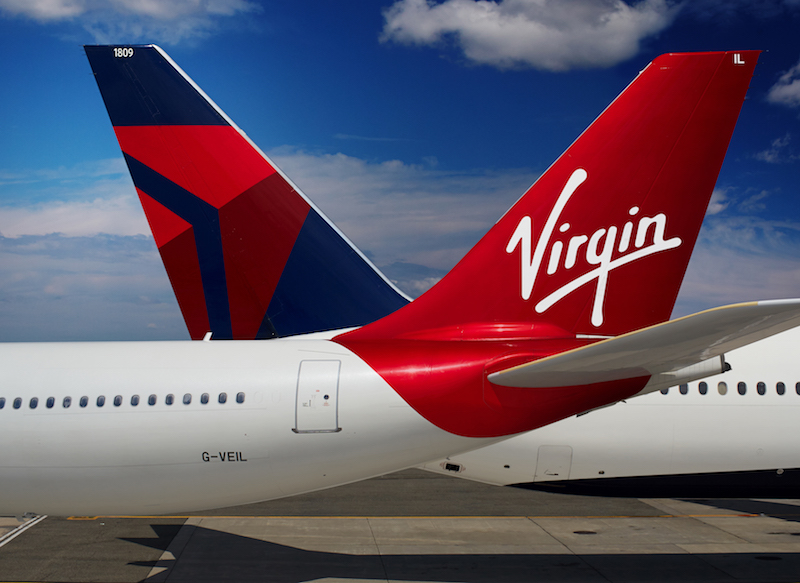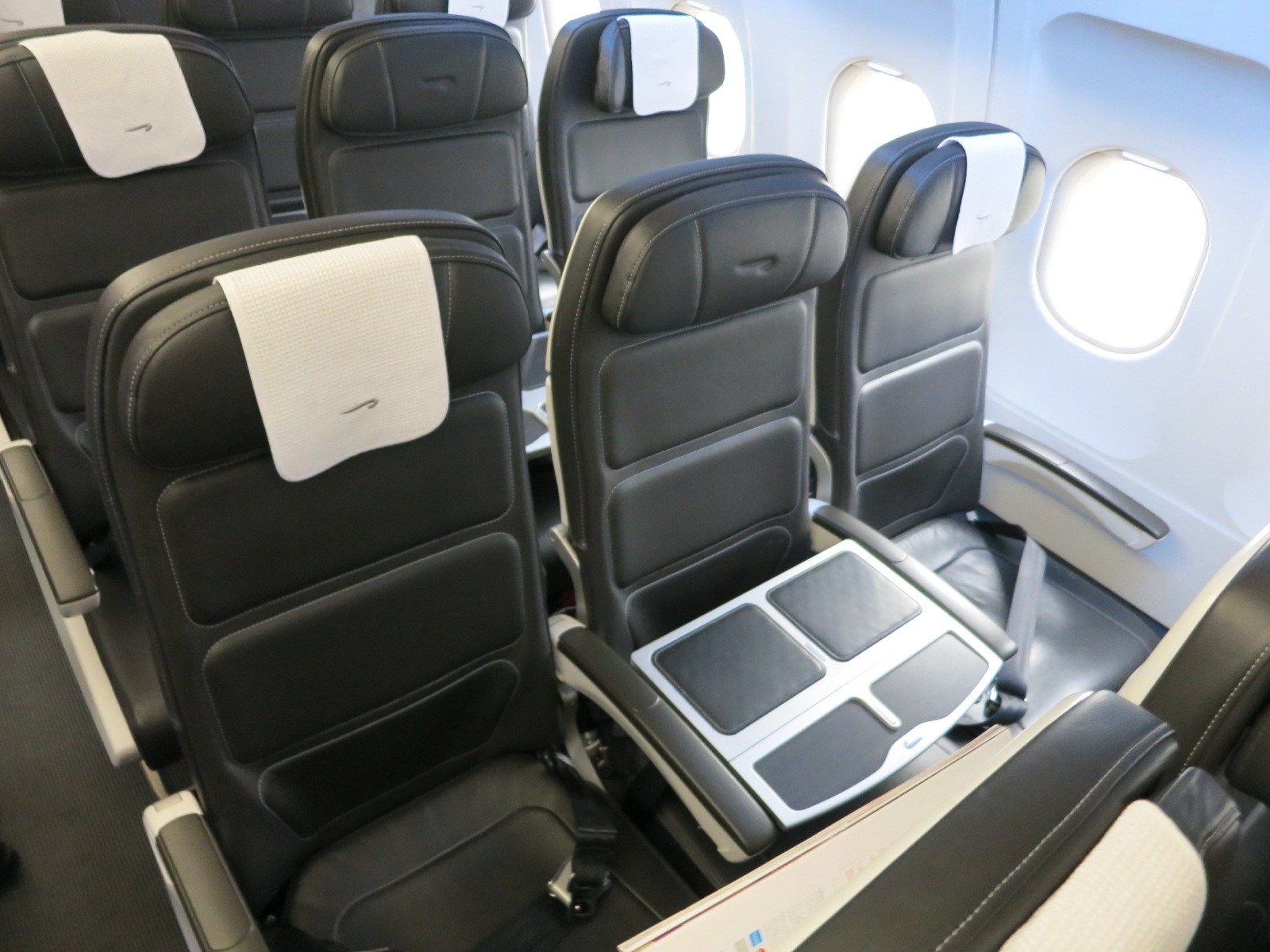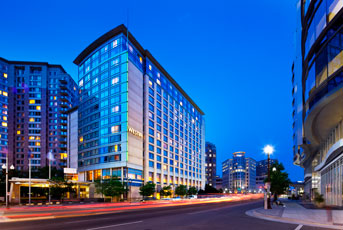Delta Eyes Virgin Tail
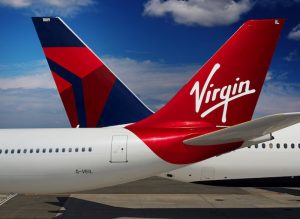 The news recently emerged that Delta Air Lines, the number two airline in the United States by passenger volume, was pondering a grab at the 49% stake in Virgin Atlantic owned by Singapore Airlines. Although tantalized by the prospect of a Delta-Virgin Atlantic partnership, many of us frequent and elite Delta flyers did not want to get too excited. After all, rumors of airline interests, talks, trial balloons, negotiations and other forms of corporate flirtation are somewhat common in the travel industry.
The news recently emerged that Delta Air Lines, the number two airline in the United States by passenger volume, was pondering a grab at the 49% stake in Virgin Atlantic owned by Singapore Airlines. Although tantalized by the prospect of a Delta-Virgin Atlantic partnership, many of us frequent and elite Delta flyers did not want to get too excited. After all, rumors of airline interests, talks, trial balloons, negotiations and other forms of corporate flirtation are somewhat common in the travel industry.
Well, Delta actually followed through last week and de-Virginized Singapore Airlines of its share in the popular U.K.-based airline. The other 51% of Virgin Atlantic is still owned by eccentric — or fantabulous, depending on whom you ask — British billionaire and business mogul Sir Richard Branson.
Branson’s flair for the fabulous is reflected throughout all of his business brands, especially his worldwide collection of Virgin-branded airlines. From Virgin Atlantic to Virgin America to Virgin Australia, these subsidiaries’ sexy style, chic design and edgy marketing campaigns are a far cry from the often bland, corporatist image portrayed by the likes of Delta, United, US Airways and American Airlines.
But as economic times have tightened, as the competition has intensified and as travel consumer space has evolved (see “America Needs a Five-Star Airline“), these more modern qualities that the Virgin Group airlines embrace have become increasingly attractive to increasingly savvy travelers. As a result, “the Virgins” have steadily gained attention, market share and legions of brand fans, even among those who are still themselves Virgin virgins.
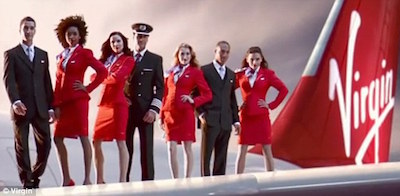 Now that Delta has succeeded in further penetrating the Virgin brand with this new joint venture with Virgin Atlantic (another Virgin brand, Virgin Australia, is already associated with Delta’s SkyTeam alliance network), there is a lot of excitement among us frequent travelers and international travel enthusiasts that some of Virgin Atlantic’s sexiness will rub off on its new partner and result in a more dapper Delta. Even if Delta retains its corporatist image and mediocre product quality, though, the prospect of being able to accrue, redeem and enjoy benefits on Virgin Atlantic makes Delta’s frequent flyer program, SkyMiles, and its alliance network, SkyTeam, much more attractive for transatlantic fliers.
Now that Delta has succeeded in further penetrating the Virgin brand with this new joint venture with Virgin Atlantic (another Virgin brand, Virgin Australia, is already associated with Delta’s SkyTeam alliance network), there is a lot of excitement among us frequent travelers and international travel enthusiasts that some of Virgin Atlantic’s sexiness will rub off on its new partner and result in a more dapper Delta. Even if Delta retains its corporatist image and mediocre product quality, though, the prospect of being able to accrue, redeem and enjoy benefits on Virgin Atlantic makes Delta’s frequent flyer program, SkyMiles, and its alliance network, SkyTeam, much more attractive for transatlantic fliers.
I have thus far never had the opportunity to try out Virgin Atlantic personally, precisely because of its previous lack of an affiliation with my primary transatlantic carriers. But given the fact that I am currently averaging 10-12 transatlantic trips annually, I am eager to see speedy American and European regulatory approval of this new joint venture and see for myself if Branson’s high-flying harem is really all it’s cracked up to be. Fingers crossed that I’ll get lucky.
